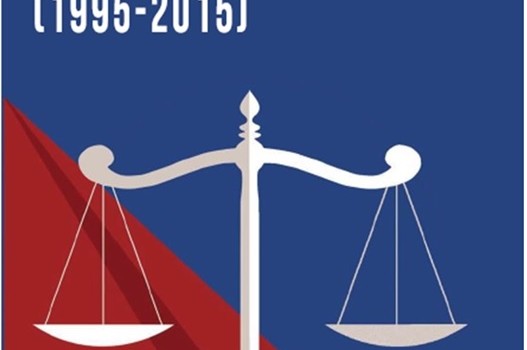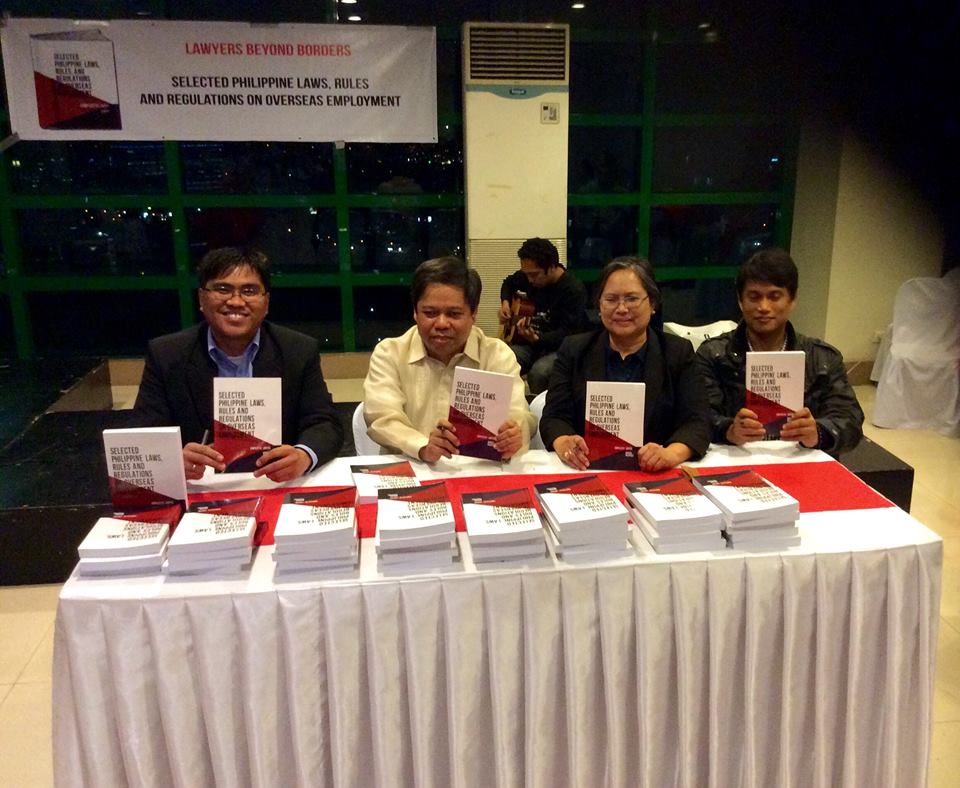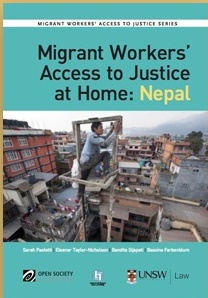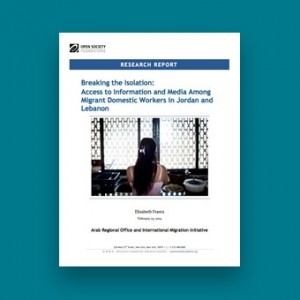
Philippine Jurisprudence on Overseas Employment, 1995-2015 book now available
Category : Documents , Laws and Departments - Countries of Origin , News
LBB PHILIPPINES is pleased to share with you its second publication “PHILIPPINE JURISPRUDENCE ON OVERSEAS EMPLOYMENT(1995-2015).”
Following the successful completion and publication of our first compilation, “Selected Philippine Laws, Rules and Regulations on Overseas Employment”, we thought that it is essential to have a companion book in the form of an annotated topical index of cases on migrant worker related issues decided by the Philippine Supreme Court. We scoped almost 500 cases from 1995 to 2015, which are milestone years for migrants’ rights – 1995 was the year when Republic Act No. 8042 or the Migrant Workers and Overseas Filipinos Act of 1995 was enacted by Congress following the public outcry over the execution of Filipino domestic worker Flor Contemplacion in Singapore; 2015 marked the 25th anniversary of the adoption by the General Assembly of the United Nations of the International Convention on the Protection of the Rights of All Migrant Workers and Members of Their Families under UN Resolution No. 45/158; and 2015 likewise marked the 20th anniversary of the ratification of this Convention by the Philippine Senate.


